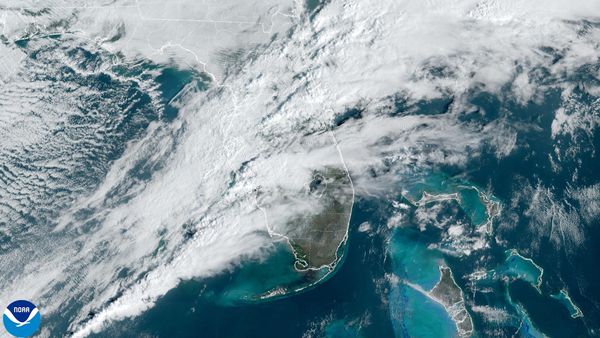
Hallucinations, psychosis, involuntary body movements and Hulk-like strength.
Those are just some of the reported effects of monkey dust - a relatively new and dangerous drug linked to a range of crime and health problems.
The Class B drug, already banned in the US, could soon face tougher penalties in the UK, following reports some users have jumped off buildings or tried to eat glass.
Government officials have asked drug experts to review the substance, which could potentially be upgraded to Class A.
What is monkey dust?
Monkey dust is a synthetic - or manmade - cathinone. Cathinones are a naturally occurring stimulant drug found in the plant, khat.
It is also sometimes called Butylone M1, Magic Crystals, Mdpv, Methylone or Pyrovalerone and comes in a powder form, usually white, off-white, yellowish or brown and a hit can cost as little as £2, according to an MP.
Cathinones were originally sold over the internet as ‘legal’ alternative to drugs like speed, ecstasy and cocaine.
To avoid trouble with the police, sellers marked the cathinones they were selling as not for human consumption, and sold them as plant food or bath salts.
The government later banned the substance.
How is it taken?

Monkey dust is usually snorted. It can also be found as capsules and pills and can be smoked or, in rare cases, injected.
Evidence is still emerging about the effects of monkey dust, which broadly has similar effects to amphetamines (speed) and to MDMA (ecstasy), experts say.
Police officers have described tackling people under the influence of the drug as like trying to wrestle with the Incredible Hulk - the comic book character who has superhuman strength.
In one case a man who had taken monkey dust climbed up a building and then jumped off it.
He landed on a car, jumped up and began grappling with police officers, apparently unable to feel any pain.
The drug has been particularly problematic in Stoke-on-Trent and Staffordshire.
Jack Brerton, the Conservative MP for Stoke-on-Trent South, said he was glad the government is reviewing the drug.
Lives destroyed
“Many people’s lives have been completely destroyed as a result of taking this drug,” he said.
"There is no treatment for those who become addicted - and it is very addictive. For those who succumb to it, it’s very profound."
He added: "It’s so cheaply available, it’s cheaper than the price of alcohol and people are able to just pick it up readily.
“We need to see reclassification and put the consequences up for those who are pushing this drug."
Chris Philp, the minister for crime and policing, said the government was committed to “tackling the supply and demand for illegal substances” to reduce antisocial behaviour and crime.
“Our drug laws must keep pace with their evolution,” he added.
Rob Hessell, chief inspector and operational lead on drugs at Staffordshire Police, said the force would support reclassifying the substance to Class A.







